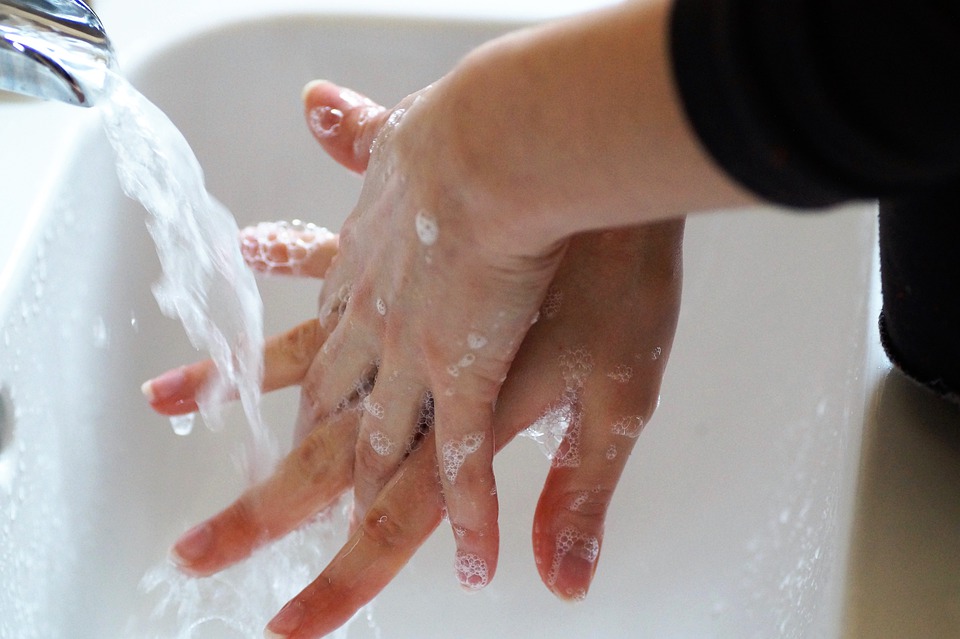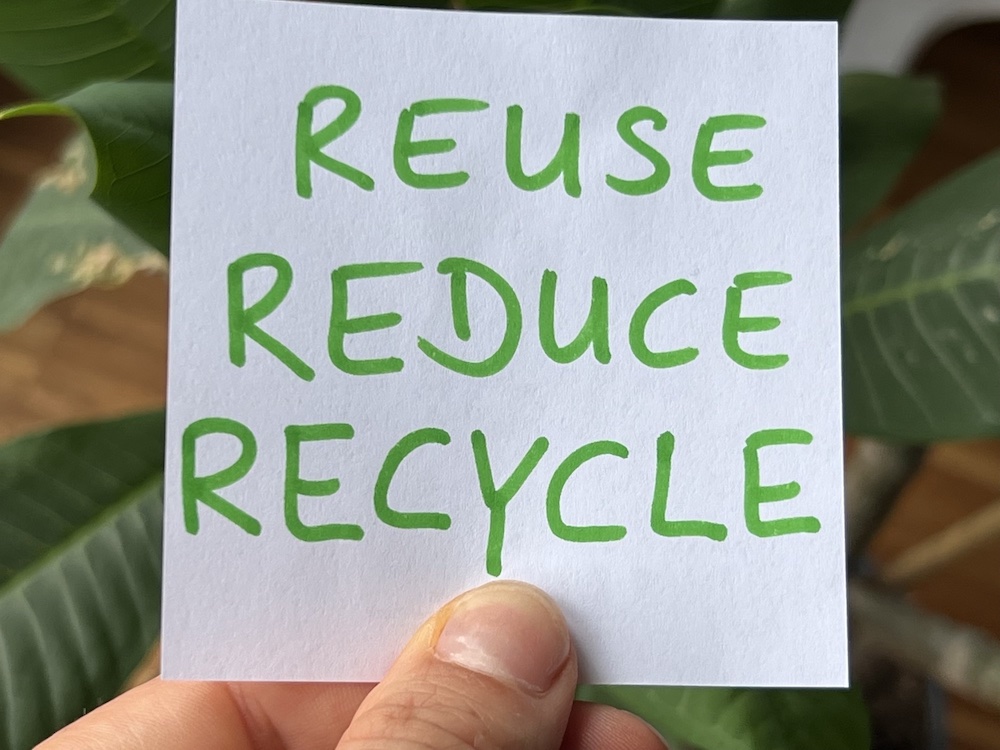
How to maintain hygiene and reduce single-use
Single-use (plastic) products are commonly perceived as being more hygienic and safer to prevent viruses and bacteria from spreading as they are only used once.
But this is not true: Hygiene is not necessarily improved when using single-use products, furthermore single-use products produce a lot of waste and use a lot of natural resources (confirmed by over 125 scientists in 2021).

Practical tips and examples
PROVIDE HAND WASHING AND SANITIZER STATIONS
Soap and sanitizers kill viruses and bacteria effectively thus it is recommended to provide hand washing and sanitiser stations. Encourage staff and guests to clean their hands regularly.
INVEST IN DIGITAL INNOVATIONS
Touchless dispensers or digital information or menus help to stop spreading bacteria and viruses as surfaces are not touched by guests or staff.
PREFER REUSABLE MASKS
Single-use masks do not prevent infection transmission better than properly worn reusable masks, thus provide reusable masks branded with the company logo for your staff. Make sure there is a process in place for the handling and laundering of the masks.
REDUCE NUMBER OF CONTACT POINTS
Reduce also things people can touch in public areas, guest rooms, offices or on tours etc.
IMPLEMENT PROCESSES TO MINIMSE CONTACT
For example, drinks can be placed directly onto a tray by staff and guests are invited to take their own drinks from the tray. This way wearing gloves or a plastic wrapping is not necessary.
AVOID WRAPPING PRODUCTS IN PLASTIC
The plastic film around items doesn’t necessarily mean that the surface is untouched. Reassure your customers about the cleaning processes established in your business.
REMOVE MINIATURE PRODUCTS
This is especially for hotels: Remove miniature bathroom amenities and toiletries and make them available on request (at the reception).
PLEASE NOTE: Our recommendations on how you can maintain hygiene standards whilst simultaneously avoiding unnecessary single-use plastic products are not a substitute for local health authority regulations which should always be followed.



